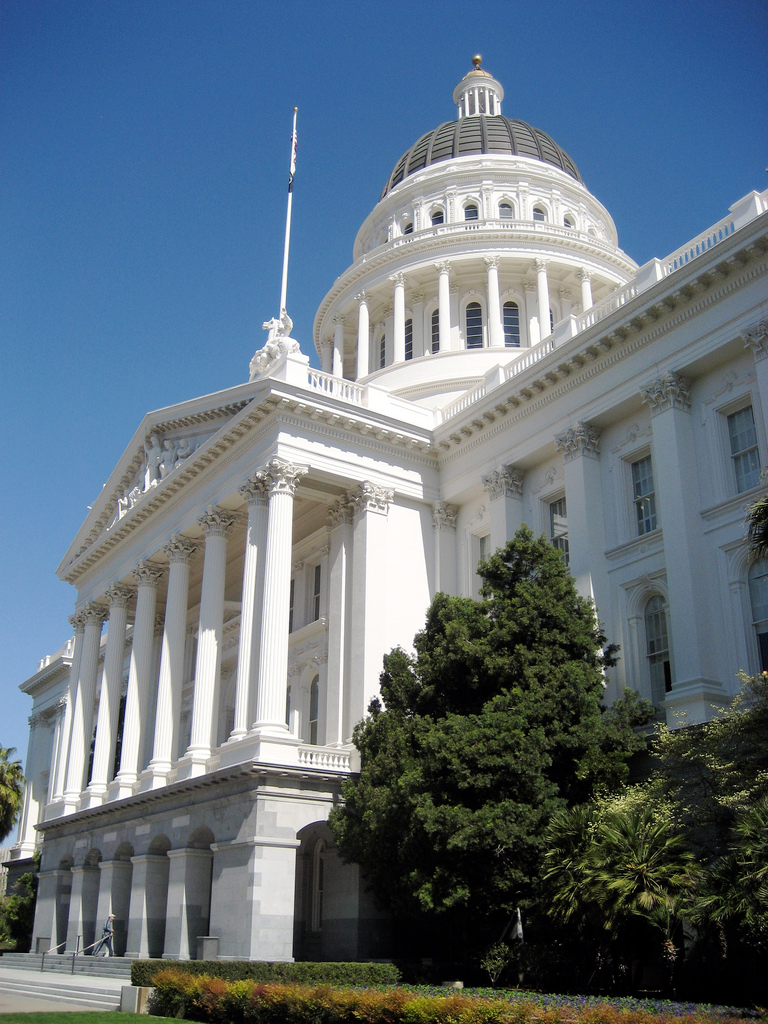While AB 392 reaches the Governor's desk, the ACLU is seeking to prevent SB 230 from also becoming state law.
Law Enforcement stakeholders dropped their opposition to AB 392 when it was amended to eliminate the provisions that would have denied officers' the right of self-defense if any alternative tactics could be conjured up after the fact. Instead the bill authorizes deadly force where necessary to defend against an imminent threat of death or serious bodily injury to the officer or to another person or toapprehend a fleeing felon who poses imminent threat unless immediately apprehended.
SB 230, which mandates minimum standards and training beyond the requirements of the Penal Code, was unanimously approved by the Assembly Committee on Public Safety over the objections of the ACLU. Tellingly, the ACLU's opposition to SB 230 directly contradicts one of the purported objectives of AB 392--making officers safer. Dr. Weber agreed, stating “I kept saying this bill will make it safe behind and in front of the badge.” ACLU attorney Peter Bibring argues that SB 230 conflicts with AB 392 because the SB 230 defines alternatives to force as being "feasible" only when such tactics do not increase the risks to officers, who are already subjected to a dangerous situation.
Despite the fact that SB 230 has long contained this definition (AB 392 has never defined feasible), the ACLU raised last-minute demands to amend SB 230 to require officers to accept additional risks to their own safety in order to avoid using force against the suspect who is placing them and/or citizens in danger. Bebring claims, “Both bills direct officers to de-escalate or use other tactics besides deadly force when it’s feasible to do so. But the definition of ‘feasible’ in this bill is so strict, by requiring no increase in risk to officers — even a reasonable increase — that it makes that requirement in this bill very weak and would undermine the requirement in AB 392.”
PORAC and Cal Chief's, as well as Senator Caballero have refused these ACLU amendments. At the Public Safety Committee hearing, Chair Reggie Jones-Sawyer conveyed his displeasure with the ACLU's untimely, last-minute objections and urged unanimous support from the Committee--which he received.
WATCH the Committee hearing here.
Thursday, July 11, 2019
Monday, July 1, 2019
Governor Newsom Eliminates Critical Ambiguity for Public Records Requests
Last week, Governor Newsom signed into law SB 94 as part of
the new State Budget. SB 94 cleans up ambiguity found in amendments to the California
Public Records Act (“CPRA”) which are set to go into effect today.

Starting today (July
1, 2019) government agencies must begin disclosing audio and video
recordings from use of forces and officer involved shootings. Under the
original amendments to the CPRA, an agency may withhold a recording if the
disclosure would violate the privacy interest of a person depicted in the
recording. However, the agency must
disclose the recording to the person whose privacy is being protected.
At the same time, the original amendments allowed disclosure
of the recordings to be delayed for up to a year if such a disclosure would undermine
an active criminal or administrative investigation. This created an obvious ambiguity.
For example, if a certain public records request was made an agency would could
have been required to disclose the video to a person whose privacy is being
protected even if that agency wished to delay disclosure due to a criminal or administrative
investigation. SB 94 corrects this ambiguity. Due to SB 94 being signed into
law, the agency must now only provide an estimated date for the disclosure of
the video or audio recording to the person whose privacy is being implicated if
it would interfere with a criminal or administrative investigation.
Subscribe to:
Comments (Atom)
